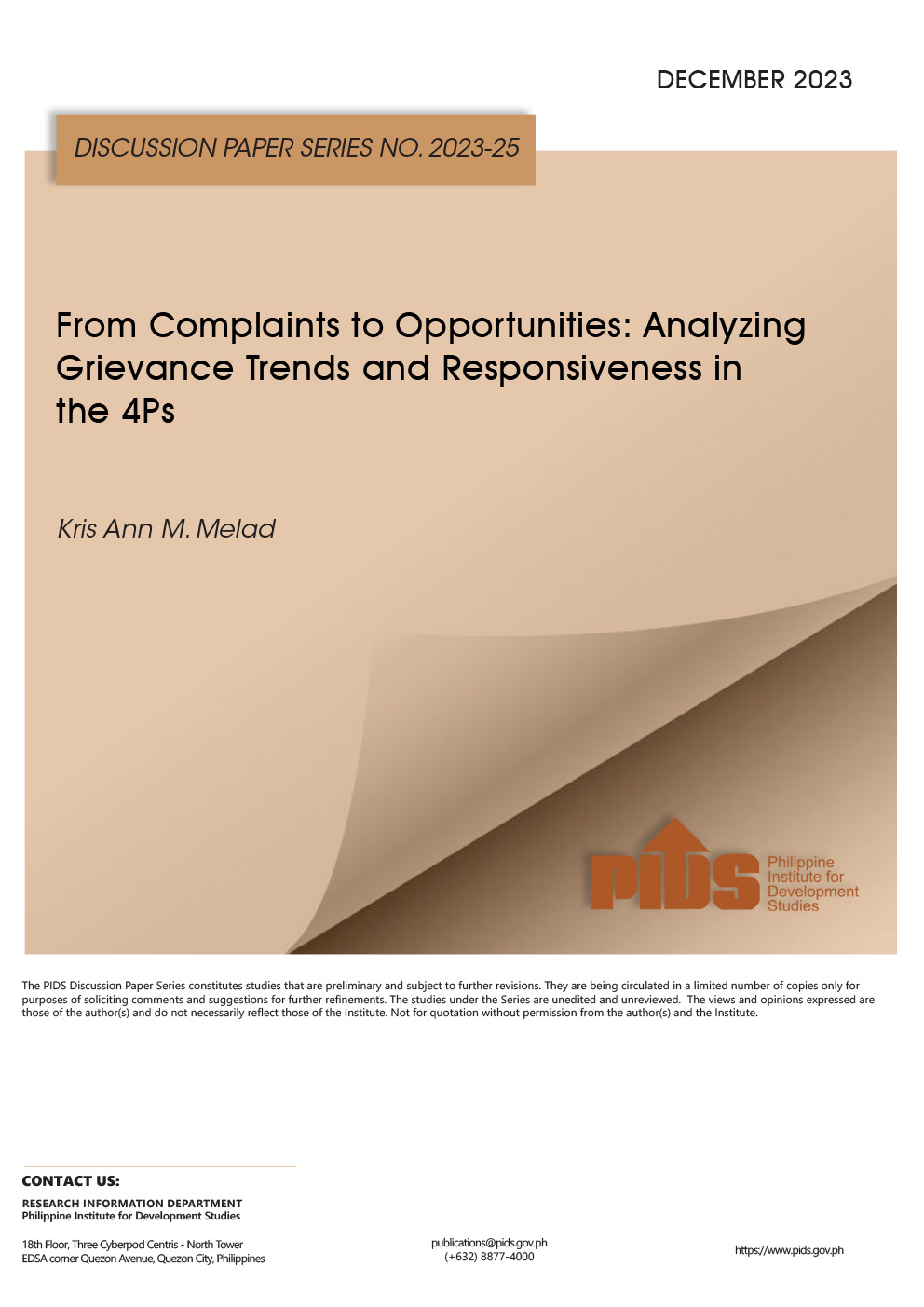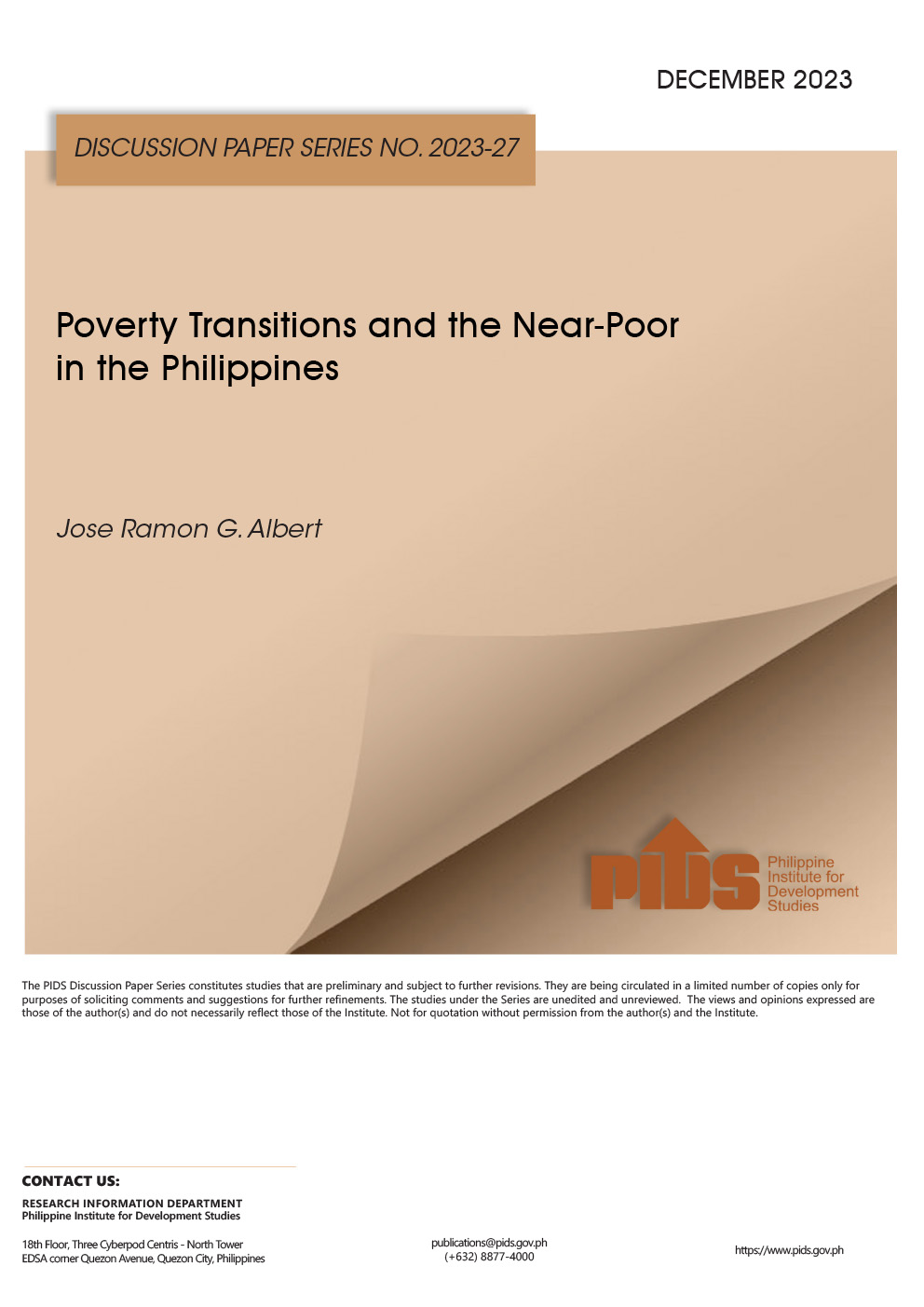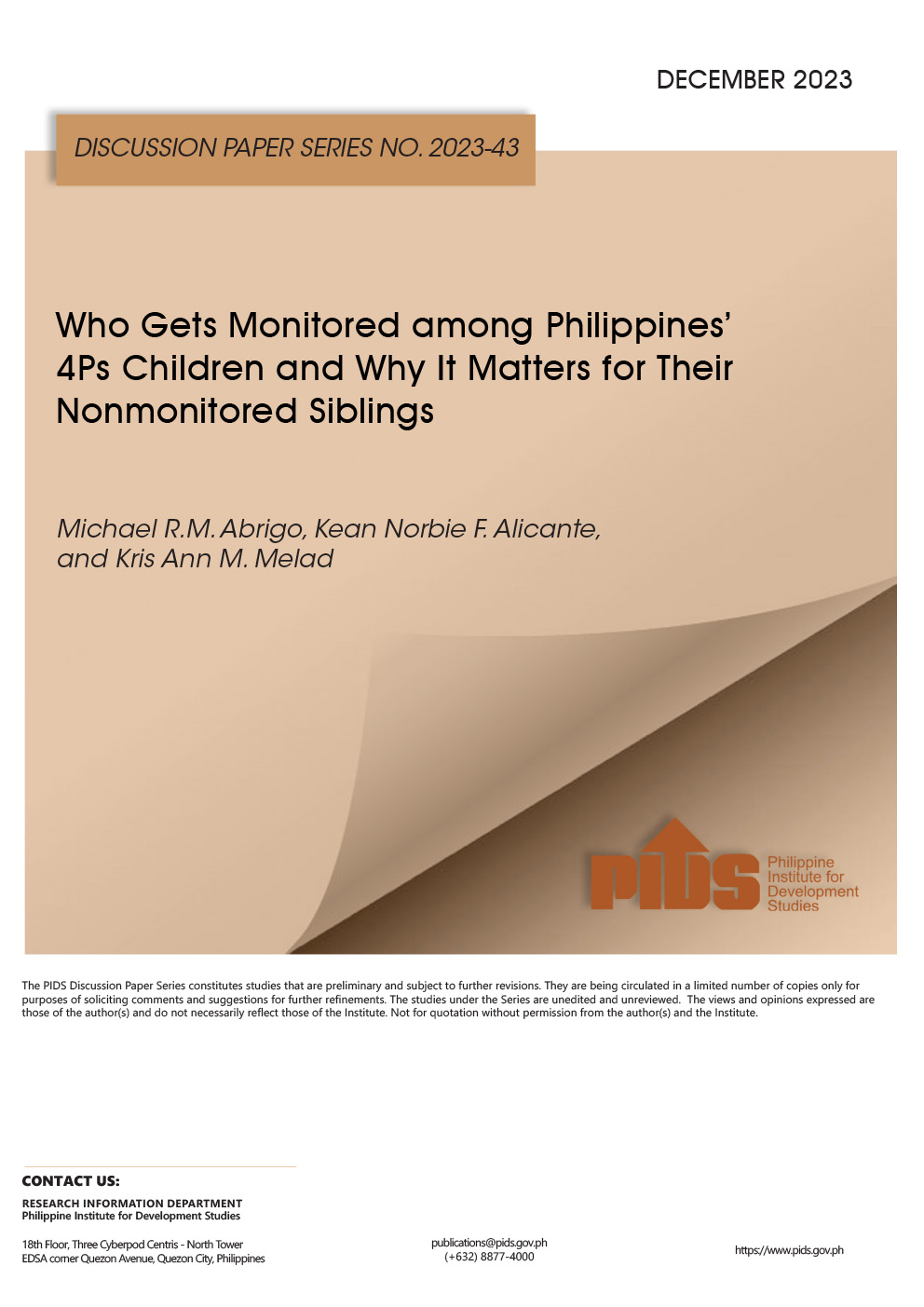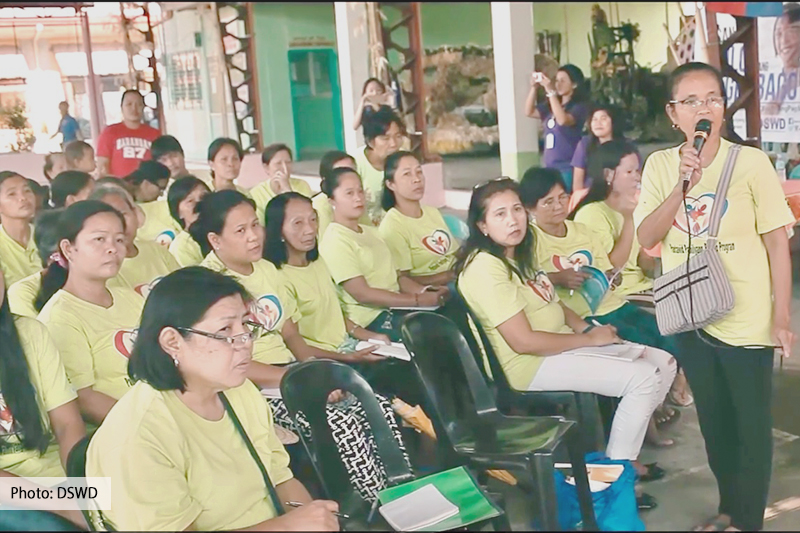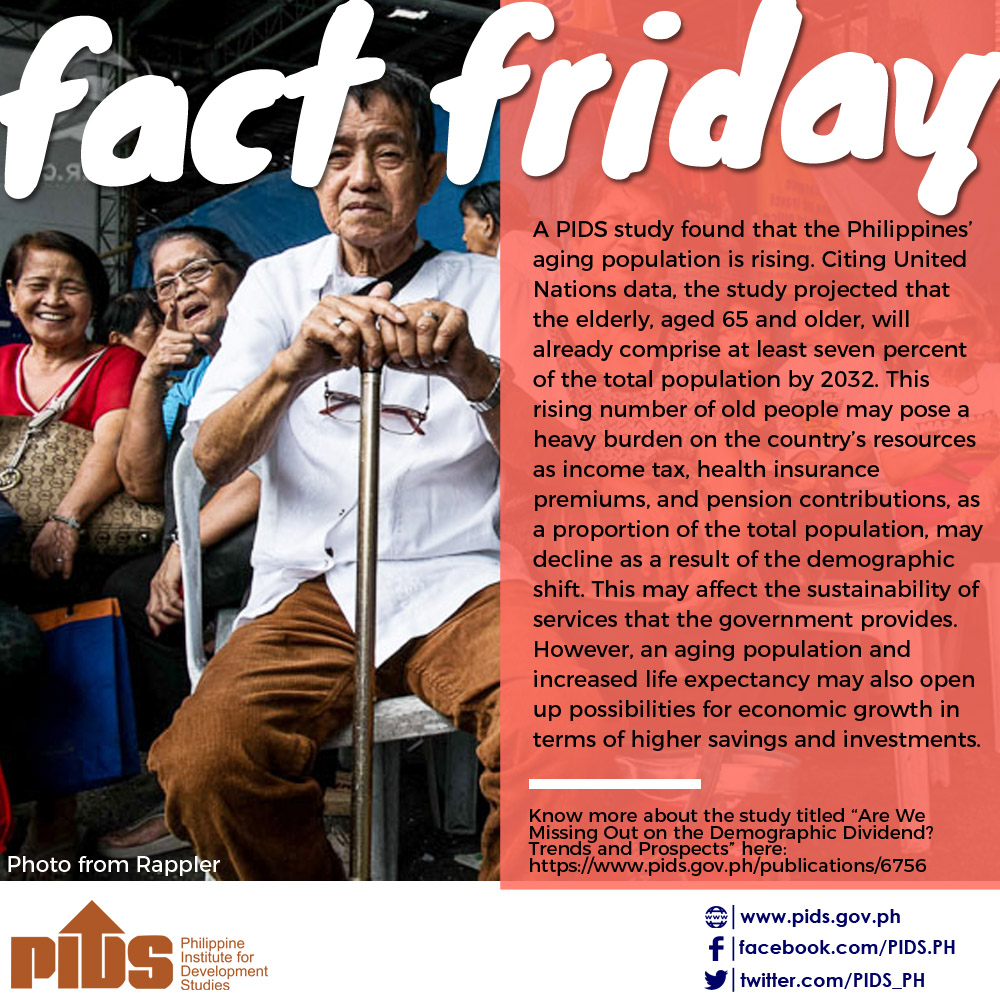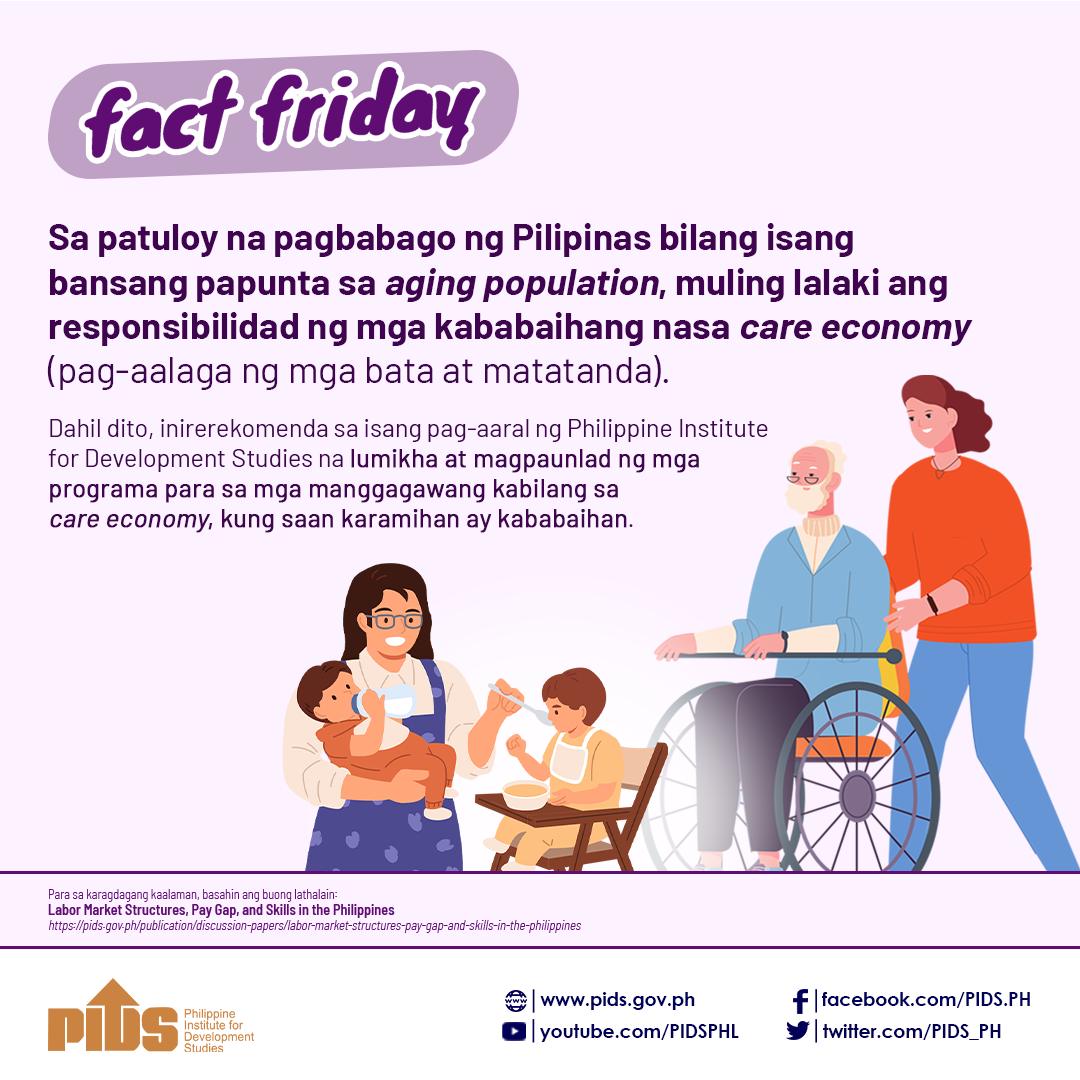Recognizing the impact and contributions of our senior citizens to the overall growth of the country, my father—former Senate President Edgardo Angara—authored Republic Act No. 7432 or the Senior Citizens Act of 1992 which provided benefits and privileges to our elderly. This, later on, became part of my father’s legacy and is now remembered by many as the “Angara Law.”
Almost two decades later, we built on this landmark legislation by expanding the said benefits and privileges of the original law through Republic Act No. 9994 or the Expanded Senior Citizens Act of 2010. Among the features of this law is the provision of a social pension of P500 per month to indigent senior citizens to help improve their living conditions. We introduced this recognizing the reality that many of our elderly still need the assistance particularly with their medical and daily expenses.
Since RA 9994’s enactment, the beneficiaries of the social pension have increased exponentially. According to a Philippine Institute for Development Studies (PIDS) evaluation, from only 140,576 actual beneficiaries back in 2011, the Department of Social Welfare and Development (DSWD) has provided social pension to over 3.6 million senior citizens by 2020. Proportionally, the amount disbursed by the government has also increased from a mere 843.5 million pesos back in 2011 to ₱21.3-billion in 2020. The program has, in fact, become the second largest pension program next to the 4Ps in terms of budgetary allocation and target beneficiaries.
But while the program has been growing year-on-year, the amount has been found to be insufficient to actually support the needs of our seniors. According to the findings by PIDS, many of our senior citizens have been clamoring for an increase in the said pension especially since the amount is not given monthly but rather on a semestral basis. PIDS also noted that the current P500 per month translates to only 7.5 percent of the average expenditures on food and health of the bottom half of per capita income distribution. In addition, the Coalition of Services of the Elderly, Inc. (COSE), one of the biggest advocates for senior citizen welfare, stated that the current amount has fully eroded due to inflation. Admittedly, P500 a month is just too small to provide our elderly with any meaningful support especially when this amount was set more than a decade ago.
Another issue cited was the coverage of the program. According to the PIDS, the program has an “undercoverage” rate of 66.1 percent among the bottom 50 percent of per capita expenditure distribution since 3.56 million of seniors who do not have pensions from either GSIS or SSS are also not covered by the social pension program. Hence, close to four million Filipinos who deserve the much-needed assistance from the government are unfortunately left out. Congress has heeded the call for a more adequate social pension program that reflects the realities faced by our senior citizens on a daily basis. Several measures have been filed by this representation as well as other senators in order to increase the amount and widen the coverage. For instance, we filed Senate Bill No. 133—which is one of the first measures we filed this 18th Congress— aiming to increase the social pension from ₱500 to ₱1000 a month.
Senator Joel Villanueva also recently presided over the Senate Committee on Social Justice, Welfare and Rural Development hearing on the several measures increasing the social pension for our senior citizens and we look forward to the sponsorship, deliberation, and immediate passage of the said measure. With numerous senators filing for bills of similar intent, we expect that this effort would receive the overwhelming support of Congress.
While ₱1,000 is still a humble amount, it can definitely go a long way to help prevent a lolo or lola from going hungry, or from letting an entire month pass without them taking life-saving medication. And with the onset of the pandemic, any additional monetary assistance would make a big difference. The fiscal impact of the measure is expected to be considerable, but it would be money well-spent. After all, it has been the goal of this administration to make sure that no Filipino is left behind. In addition, the enactment of this measure would symbolize the country’s continued recognition of the contributions and sacrifices made by older generations, and its ongoing efforts to uphold their dignity

